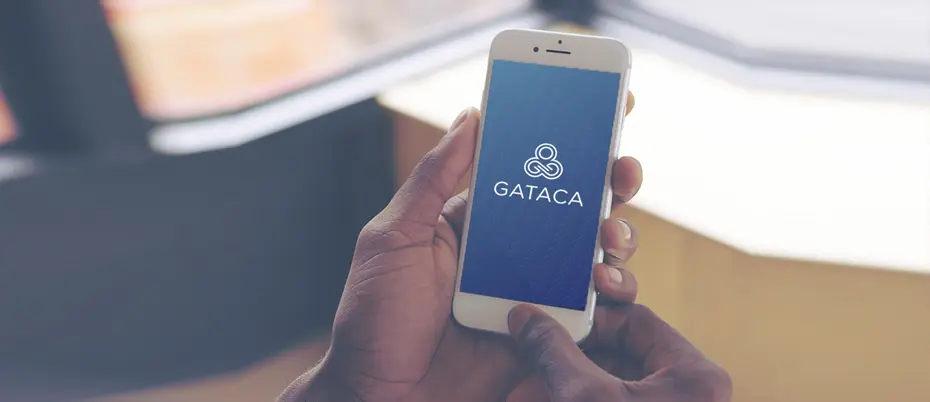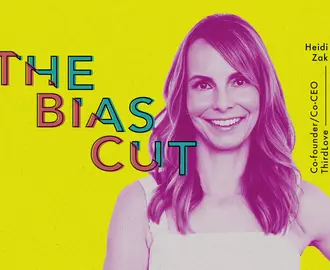This startup will make verifying data easier for companies
You want your personal data protected, but companies want to make sure you’re you. New software from Gataca aims to do both.
The idea for digital ID management startup Gataca first took shape a few years ago when Irene Hernandez, MBA, ’18, signed up for a Credit Karma account.
Hernandez believes companies like Credit Karma don’t go far enough to validate identity before providing access to financial information and credit scores.
“The way it works today is that we are creating user accounts and giving away all our private information to every single service provider we sign up with,” she said. “Why don’t we do the opposite? Why don’t we transfer the control back to the user and we have one single digital ID with all our private information? And then depending on the service we sign up for, we share the information they need?”
Those questions are what drive Gataca’s software options. The company plans to offer two products: For consumers, Gataca is developing a digital wallet that will use blockchain technology to store validated personal information. It’s scheduled for release in 2019.
For businesses, the company’s software will cut the time and manpower currently needed to verify customer identification. Hernandez said Gataca has a minimum viable product ready for the business software, and is working on an improved version for a pilot this fall.
The startup has received support for its ideas. Hernandez and co-founder Cheng Chen, a PhD candidate with MIT’s Computer Science and Artificial Intelligence Laboratory, were members of the 2018 delta v startup accelerator. Gataca was also accepted into this year’s Identiverse and HubWeek. MIT Sandbox is also backing the startup.
User control
The ID wallet planned for next year can store users’ credentials and personal information, and will use blockchain technology to log validated credentials — not personal information — and timestamp them in a ledger for review by service providers, Hernandez said.
When it came to the needs of the business side of Gataca’s future customers, Hernandez learned that a major issue for financial institutions was customer onboarding and identification.
In some cases, Hernandez said, companies were manually processing up to 50 percent of their new applications, meaning customers were uploading an image of their passport, and someone was inputting the information from that image into an application form. This created an insurmountable backlog for some companies, Hernandez said, “so we're helping them with that.”
“All their new users have to do is to take a selfie and a photo of an ID document,” Hernandez said. “The technology can detect that the person is real, compare face patterns with the photo ID, extract text from the ID document automatically, and check for basic forgery signs.”
And while Gataca wants to be a one-stop-shop for identification, it doesn’t want to become “another honeypot” for hackers, Hernandez said.
The company offers users a choice of storing their information with Gataca, or they can use their own phones and devices to keep their encrypted information themselves.
“We don’t want to become another intermediary,” Hernandez said. “Our ambition is to provide control back to the user.”




